Just then, on July 6, poet Lam Thi My Da, wife of writer Hoang Phu Ngoc Tuong, passed away. Our delegation of writers from the Vietnam Writers Association in Hue had the opportunity to work in the South and attend the funeral right when the family held the funeral ceremony. It was a tearful Saigon afternoon. I still remember when the ceremony was held for Ms. Da, writer Hoang Phu Ngoc Tuong lay alone in the next room, his eyes wet with sadness looking up at the ceiling. After 25 years of paralysis after a stroke, he now suffered the loss of his life partner. Who could he share this sadness with? Yet, just 20 days later, we suddenly heard that he had also followed his wife to the eternal fragrant grass.
I still remember the early days when I entered the literary world, researching and learning from previous generations and I asked a senior about authors associated with Hue, who should I read and learn from. One of the top names in that answer was Hoang Phu Ngoc Tuong. I remember that day I searched, borrowed and tried to "devour" all of his works. Luckily, in the bookcase of the Huong River Magazine at that time, there were also quite a few of his works left behind. How can I forget the feeling of reading Sad Epic, Who named the river, Illusionary Mountain... opening before my eyes a vast, profound space of wisdom, elegance and lyricism of Hue in the past. I stayed up all night to turn each page of literature, the more I read, the more ecstatic and happy I became because of the strange attraction.
Looking back at the legacy of memoirs with over 10 works, such as: The Star on the Top of Phu Van Lau (1971), Lots of Fire (1979), Who Named the River (1984), The Will of Reed Grass (memoir, 1984), Flowers and Fruits Around Me (1995), Hue - Monuments and People (1995), The Illusionary Mountain (2000), In My Eyes (Critical Memoir, 2001), Drunk Without Drinking the Rose Wine (Memoir, 2001), Trinh Cong Son and the Little Prince's Lyre (Cultural Memoir, 2005), Fragrant Grass Region (2007), Who Named the River (Best Selected Memoirs, 2010). All of these works are the result of a process of tireless, serious, and dedicated work on words. Each of his works created a stir in the literary world, because Hoang Phu devoted much effort to presenting the beauty, the quintessence of language, captivating people's hearts. Even the senior writer Nguyen Tuan was amazed: "Hoang Phu Ngoc Tuong's memoirs have a lot of fire."
Hoang Phu Ngoc Tuong's memoirs have "enlightened" me, creating a deep source of inspiration, leading me to a long and fascinating literary path. I was impressed by the detail in which he discussed "aesthetic qualities" to express the permissible existence of fiction in literary works (here, memoirs) as an artistic labor. From there, I contemplated that literary memoirs need the aesthetics and flight of language, a poetic language mixed with the truths of life. The memoirs must fully exploit the power of language, aesthetic values, humanistic characteristics and blend many genres extracted like a linguistic chorus, creating an attractive intertextual writing style. Those qualities and characteristics seem to be complete in Hoang Phu Ngoc Tuong's memoirs, which is why now no one writes memoirs about Hue better than Hoang Phu Ngoc Tuong. Why is that?
Some people say that Hoang Phu was born into a philosophy, so his profound words resonate with his life through many ups and downs, attached to the land of Thua Thien during the arduous war years, attached to the moss and antiquity that still lingers dreamily on the land and people of the ancient capital. He thought of the Huong Ngu region as follows: "Hue will forever be a strange city of my life: dreamy, lazy like a sad princess, to suddenly become angry, defiant like a declaration of war". Hoang Phu lived deeply, experienced deeply, understood thoroughly and sympathized with this land. Critic Pham Phu Phong once commented: "Hoang Phu's literary "genus" belongs to the heart, to the pain of the world, the immense sadness and the long dream that passes through many lives". The writer's essence, the uniqueness of Hoang Phu's pen was born, stood up and came out from there.
It can be said that Hoang Phu Ngoc Tuong's works use his own words to lure people about what has/will disappear as a natural law, to preserve in the hearts and souls the cultural identity of a land. In my view, he is a representative of a writer who serves culture, serves literature, and the legacy he left behind makes future generations spend a lot of effort to feel, to understand, to be grateful. From another perspective, writer Tran Thuy Mai once affirmed: "As a writer, what he cares about is people, and with his scientific understanding, he has reconstructed a spiritual appearance of ancient Hue - something that no Hue scholar has been able to do". Hoang Phu Ngoc Tuong's contribution in preserving and promoting the historical and cultural values of Hue conveyed through his works is very commendable. The writer has contributed to making Hue beautiful and poetic.
The memoir Who Named the River printed in the High School Literature program was an advertisement for many generations sitting in school chairs to know about Hue, know the Perfume River, Ngu Mountain, majestic temples and mausoleums. And again, remembering the afternoons sitting with a cup of bitter coffee, watching the Huong River flow silently, I read the poem "Spring afternoon like sober like drunk/ Missing you drinking the whole shade of the parasol tree" (Spring afternoon) and suddenly startled. Hoang Phu's poetic personality also makes others "shudder", his words touch the depths of the soul, making the mundane things turn into ivory, turning the tragic into elegant and proud. Only two poetry collections Footprints Through the City (1976), The Hibiscus Picker (1992) with a few dozen poems were released, but Hoang Phu's poetic mark was enough to captivate readers.
In 2011, the music program “10 years of remembering Trinh Cong Son” to commemorate the death anniversary of the talented musician was held at An Dinh Palace. After the program ended, Hoang Phu Ngoc Tuong was pushed in a wheelchair by his family to the back of the stage to meet writer Nguyen Quang Sang for a while, then returned home through Phan Dinh Phung gate. Suddenly, a group of women claiming to be former students of Dong Khanh school who were very fond of Hoang Phu’s poetry ran over. They stopped, held his hand respectfully, and then recited a verse “Anh pick a white hibiscus branch/ Give me joy to hold your hand”. That was an excerpt from the poem Despite the years and months, which was loved by many readers. “This verse made us think a lot about life, about love, about youth”, the women said. At that moment, I saw writer Hoang Phu Ngoc Tuong with tears in his eyes. Perhaps the affection of the readers and the melodies of his close friend Trinh Cong Son were still there, stirring the writer up with emotion.
Hoang Phu's entire writing career is in "A heart can contain everything", he wrote because of his wish to bring "a good heart that wants to give its soul as a gift". His view on writing is very simple, no elaborate declaration, no lofty excuse, everything is close, endogenous from the deep inside that wants to dedicate to life.
Writing about Hoang Phu Ngoc Tuong, how can I write enough, completely, thoroughly, and he also left a little premonition about his writing career: “On the crumpled talent/ On the world of smoke and mist/ On the face of people changing color/ Rain leaves the mark of impermanence (Prayer in the rain). I think that is the image of the person and life of Hoang Phu Ngoc Tuong “realized” in four verses like a proposition of the Hibiscus Picker that he named the poem published in 1992. The vicissitudes of life, impermanence, flowing water and drifting clouds, Hoang Phu Ngoc Tuong has gone far away but his words still remain, fragrant like “The Fragrant Grass Land” with “A Lot of Fire”.
Source








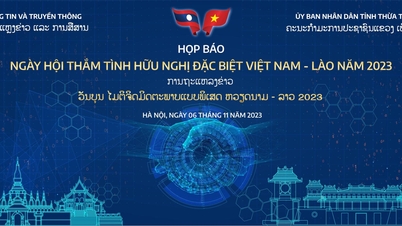



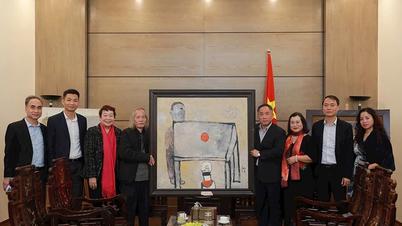




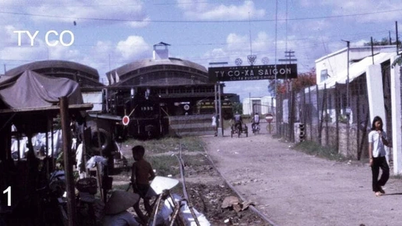




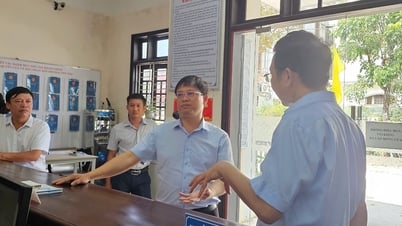
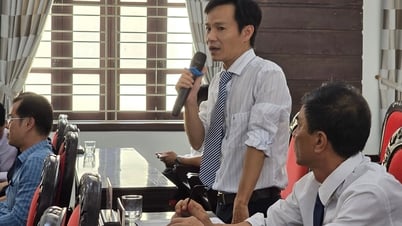
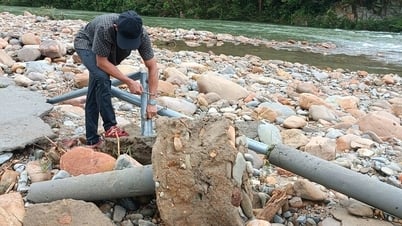
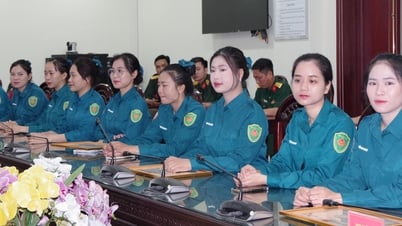

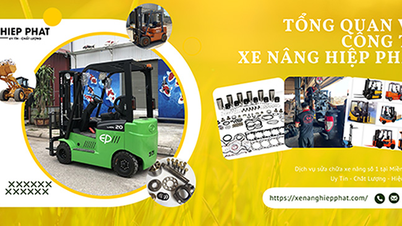

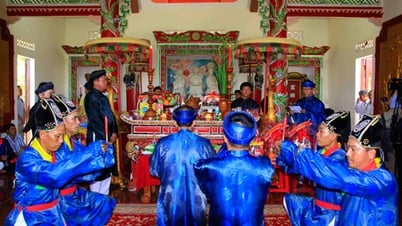

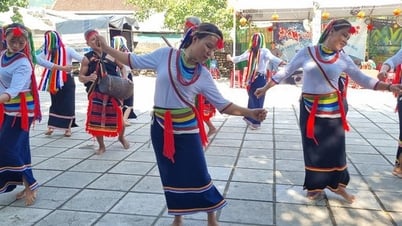

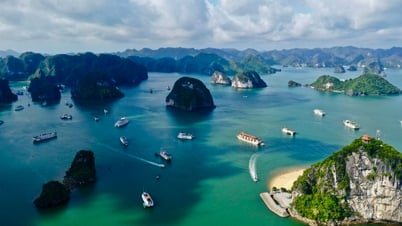
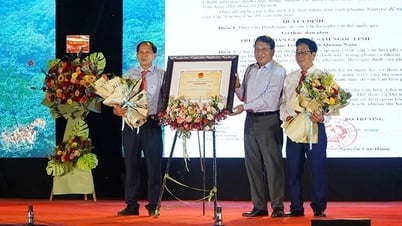

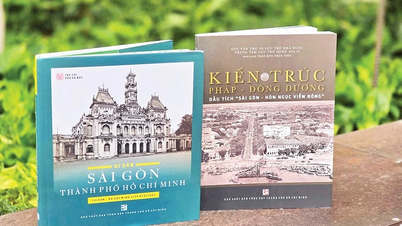



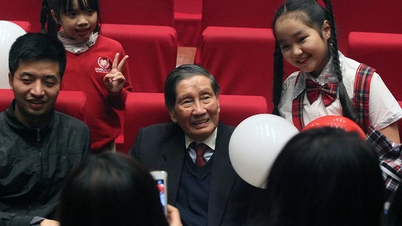

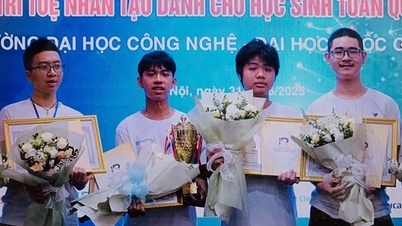

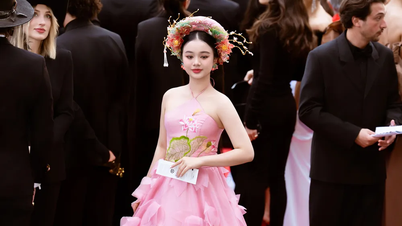

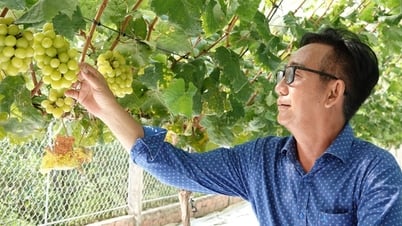





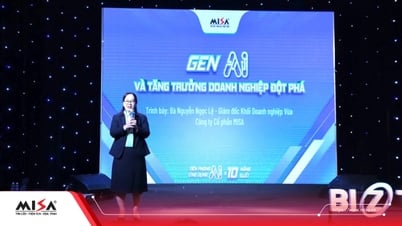





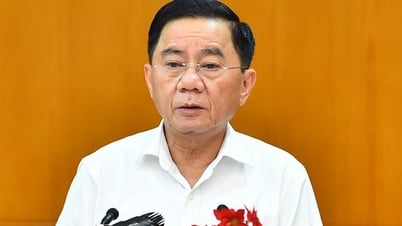

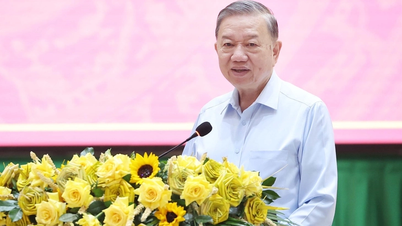
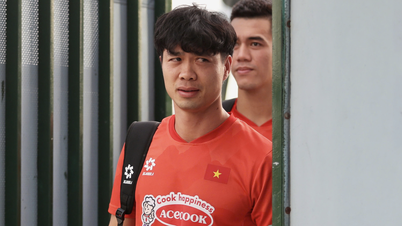
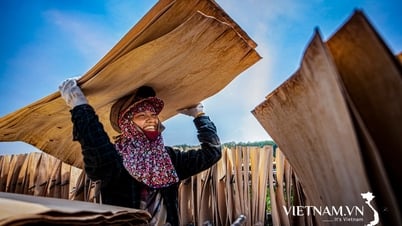



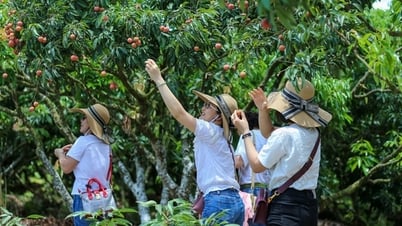
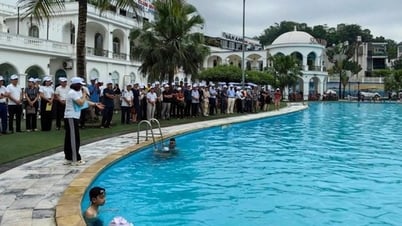
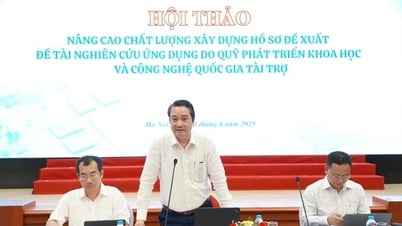

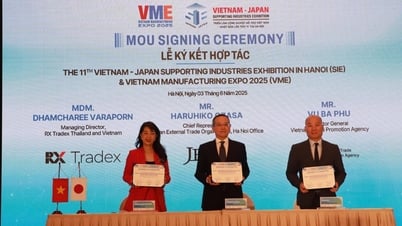


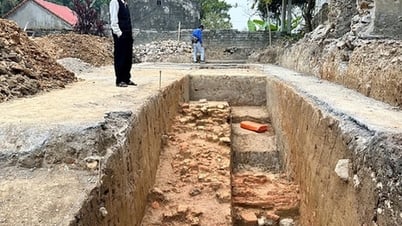
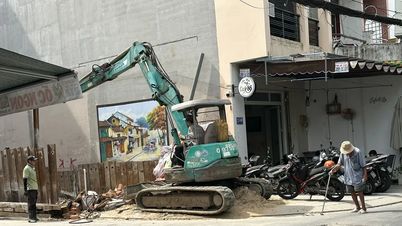






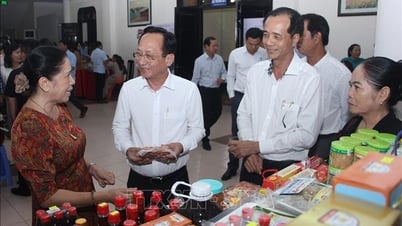
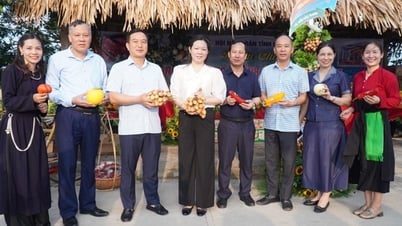
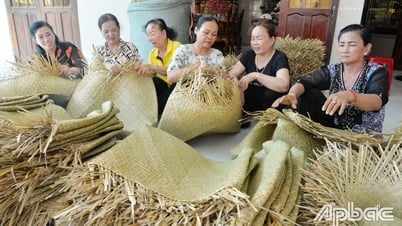






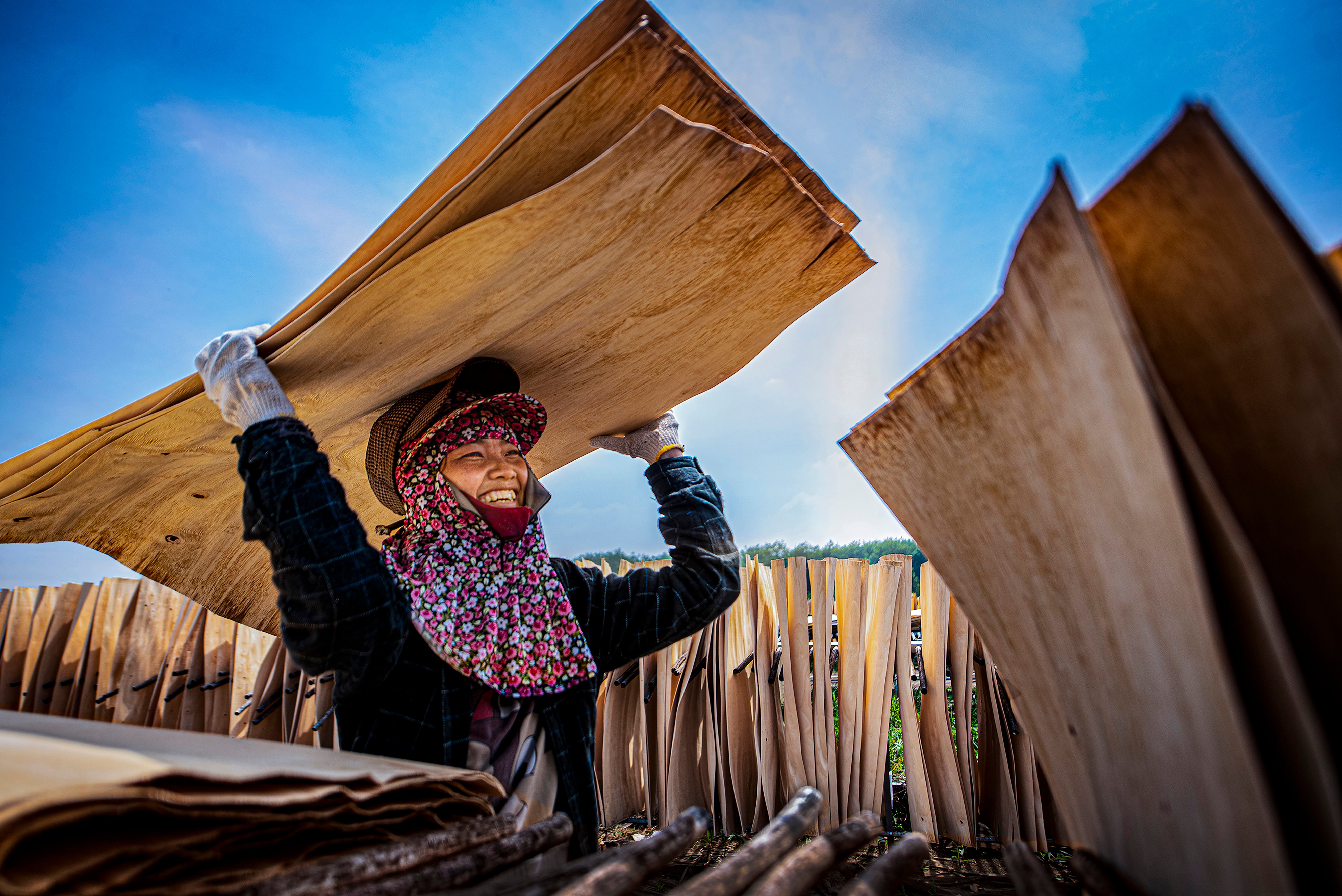
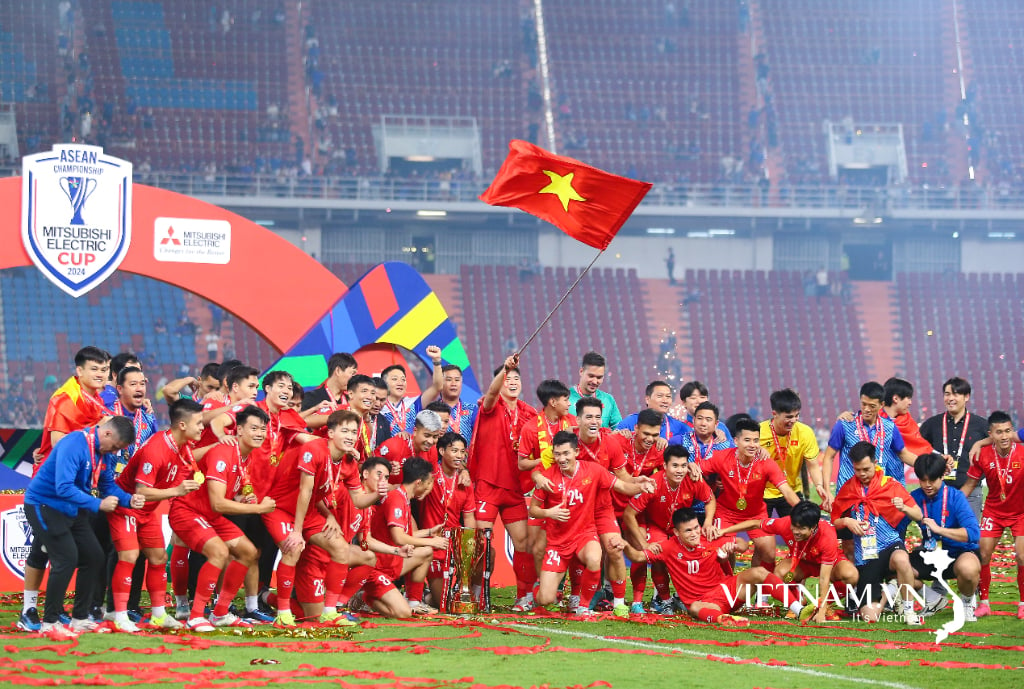


Comment (0)